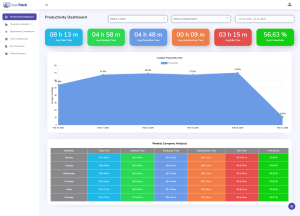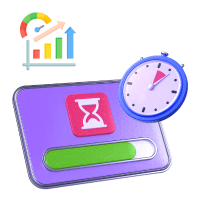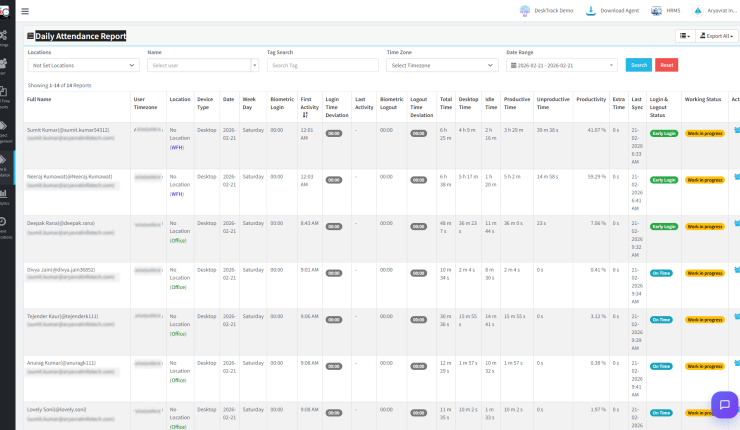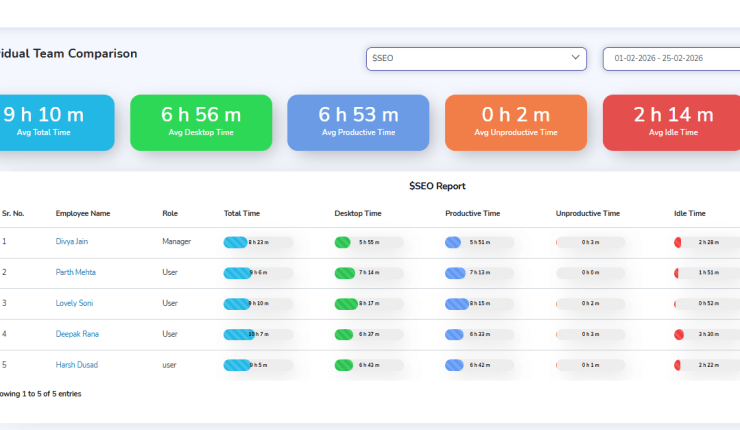Why Experienced Individual Contributors Fail to Become a Good Manager. In work culture, there is always a problem of work done not according to expectations. Especially with small organizations where processes either do not exist or are tailored due to ‘n’ of reasons.
Let’s start understanding the cause:-
Management is a science & the skill of getting things done by others. Usually, managers get promoted inside the team and know the work themselves. Assuming that person is skilled & expert he could be a good manager but that is a myth. Managers can be good at their work but that doesn’t mean they are good at delegation.
Lack of Delegation Skills:
Dumping Tasks Without Clear Instructions:
Ex. I need a shopping website only to sell cosmetics. Check on these abc.com & xyz.com … etc.
I need this by this weekend. Use any shopping cart. Now the designer and developer do their little research and come up with the website abxy.com on day 6th to show the manager.
Oops!!! This is Not What I Need. Feedback Start Pointing:
- Blue is not the color that I need.
- The button should not be like this.
- Why are you not sending an email on this?
- I also need a payment gateway and so on.
Manager/Boss:- Is the client John Cosmetics website done?
Manager:- No
Boss:- You have given me a deadline of a week? I committed further
When it could be done?
Manager:- It’s almost done, the team has misunderstood something, we will get it done in the next 3 days.
A Good manager gets back to developers & designers and finishes it in the next 2 days.
Change this:- color, buttons, and so on.
All these verbal communication. After 10 working days, a small e-commerce website is not done.
Manager blames:-
A. The team is not capable.
B. The team works hard with their own experience.
C. Boss lost the client.
D. The client missed the launch.
This is one real-time classical example.
So, why did it fail?
- A manager is technically good & experienced.
- The team is hardworking & following instructions.
- Boss mentioned what the client requires.
The problem starts with the manager where delegation & requirements need achievement.
Make Your Workday More Productive
Time Tracking Software and work management can help you reach your goals faster.
Try 15 Days for Free

4 Major Steps of the Requirement Gathering Framework
Step 1: What to do?
The manager should collect all the information from clients or boss :
- What -?
- How -?
- Where -?
- When -?
Any task can be fitted in this.
Let’s start with fits:
1. What:-
- What is the purpose of the website?
- What are the specific features required on a website?
- What is the payment gateway?
- And so on.
Try to solve all questions of what.
2. How:-
- How do you need this shopping cart to function?
- How do you want this format image to look like?
- And so on.
- All questions for how to get things done.
3. Where:-
To get the details of where means where someone wants to reach as a result of doing.
- In the US, to become top 10 cosmetics sites.
- Need to be top 3 among 40 age women.
- And so on.
4. When:-
What is the time frame to achieve that task as a result?
- Top 10 cosmetic websites in the next 6 months or 8 months.
- Top 3 in 12th months.
- And so on.
That means a time frame or duration to achieve the result.
Step 2:-
Good manager experience & skills play a role here so, the manager should know what are the core things or ingredients to achieve to prepare a website dish.
So, you need a framework to do such a task which becomes a template to follow further.
- What are the technical requirements like technology databases etc?
- What are the server payment gateways? Any third-party API….
- What content to place?
- How clients update information about cosmetic items.
- Designs
- No. of users carry.
- And so on.
Step 3:-
Once all the raw materials & ingredients are ready. Then how to put the steps of priorities into the task.
So, priorities are very important based on the resources available.
- Check who will be going to work, Whether they are good at doing it or require some help or R & D to do it.
- Ex: One of the web developers has already had experience with shopping carts but not have experience with payment gateway.
- Others are good nowadays & databases.
- Manager:- Prioritize the tasks & skills according to expected results & time frame.
- So, a task list with steps on who will do what & when the legacy should be.
Step 4:-
Even after so much planning project fails. The team does not understand why.
The most critical step, how to allocate this task to specific team members & follow the framework.
- Step 1. Means exactly mean in front of each task, the framework of What, How, Where & When
- So, a person or team working on a task should not know what the manager is expecting from them & how that needs to be achieved.
- Some might say spoon feeding but not setting up the correct steps is important to get your recipe turned out perfectly.
If you miss the lay element & instructions like medium flame & duration of time to prepare, then your dish instead of Brownies turned to be Brownie which requires a hammer to eat.
Step 5:-
- This is the final & key step in checking promptly whether we all as a team are on the right path as expected or our GPS brought us in some way along a long route, as by mistake in between the paths we choose, showing the path without tolls.
- Managers are not micro-management but should have stand-up meetings to check whether we are going on the right track.
- Now these stand-up & weekly meetings & also do not guarantee successful delivery as the manager assumes in words everything is working.
- So, it is important to check the work by looking at it by yourself. Experience is what exactly works or not.
This is called the art of visuals. - Don’t only make further commitments on JIRA status or Excel reports, go & do it randomly. Such a check about progress by experience & feeling it.
- Then correct your initial plans & intimate or inform each stakeholder, boss, and client. whoever, about the progress & even if something is a failure, inform everyone before time. So, other core plan things accordingly. On the day of the demo or delivery, if the manager gets shocked, everyone can miss the plane.
Conclusion :
To solve the above, only project management tools are not sufficient, Good managers & teams need historical data to analyze & make better decisions. So, DeskTrack helps managers to create templates, and task lists to do smart work.
See who is good at going what based on time taken in the past then place more accurately as can.
To make delegation successful DeskTrack helps you to do planning, time taking performance & status to help in achievement – How, where & when of a task.
The message is to get more real-time tips for delegation. Your experienced manager will become an expert. Delegation with the help of DeskTrack.















